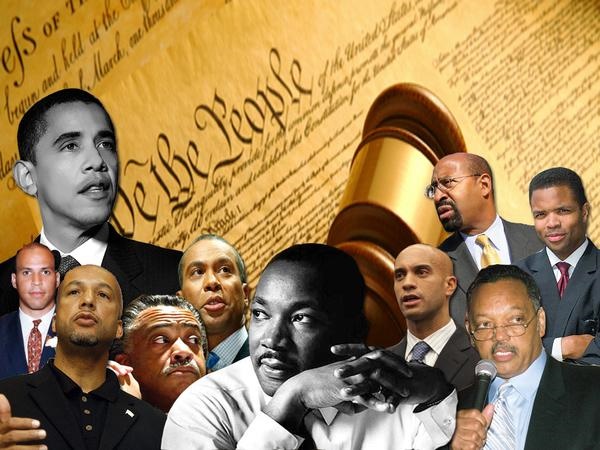 |
Telling Our Story One Page at a Time "I prayed for freedom for 20 years, but received no answer until I prayed with my legs." Frederick Douglass |
 |
| Home | Obituaries |
Cemeteries |
Census |
Family Records News Clippings |
Military | Probate Records | Photos | Vital Records | Slavery | Contact AAG |
The book "The African American Griot" is not affiliated with the African American Griots, US African American Griots or the USGenWeb Special Project |
||||||||||
|
Name: Major Margaret E. Barnes JONES
Date of Notice: 25 April 2000
Maj. Margaret E. B. Jones Dies Maj. Margaret E. B. Jones Dies Served
in Black WWII Unit
Maj. Jones was one of 32 officers who accompanied more than 800
enlisted women to Scotland early in 1945 to work as a special
wartime postal unit.
Maj. Jones was the public relations officer for the battalion, which
worked round-the-clock to clear a backlog of Christmas mail. The
operation had been run by enlisted men and civilians, and it was in
chaos, Army historians later recalled. A warehouse was filled with 3
million parcels alone; packages of spoiled cakes and cookies filled
still another room patrolled by rats that were said to be as large
as cats. Working round-the-clock, and averaging 65,000 pieces of
mail a shift, the women managed to clean the place out in three
months.
Maj. Jones, a native of Oberlin, Ohio, [and 1929 graduate of Oberlin
High School] was among the first African American women commissioned
as officers in the Women's Army Auxiliary Corps. She had studied for
three years at Howard University, where she later received a
bachelor's degree and where her brother, Sam Barnes, was later
athletic director. Sam Barnes was one of the so-called Golden 13,
the first black officers commissioned in the Navy.
Federal policy during World War II was to limit participation by
African Americans in the armed forces to 10 percent. When 400 women
were accepted as officer candidates for the WAACS, the 40 African
American women among them came to be known as "10 percenters." The
military and its facilities remained segregated, for both enlisted
personnel and officers, until President Harry S. Truman issued a
desegregation order in 1949. African American women in training were
similar in most respects to the white trainees, according to
publications of the Army Center of Military History: Nearly 80
percent had attended college, and most had worked as teachers and
office workers. In all, 6,520 black women served in the Army in
World War II.
Maj. Jones's first post as an officer was as executive officer of a
company of African American women in Kentucky. The company was
assigned to clean floors and latrines in the Fort Breckinridge
hospital and to work in the post laundry. It was there that she
began working to secure better assignments for the women under her
command. A book about the 6888th, "To Serve My Country, To Serve My
Race," by Brenda L. Moore, describes similar efforts of battalion
members to overcome racism and sexism to serve their country during
World War II. African American women had served as nurses in
previous wars, but World War II marked the first time they joined
the rank-and-file service. After the war, and her graduation from
Howard, Maj. Jones did graduate work in American history at the
University of Minnesota. She was recalled to active duty in 1949,
and placed in command of a training company at Fort Lee in Virginia.
Later posts included tours doing administrative work at the
engineering school at Fort Belvoir, an overseas assignment in France
and as a special services officer in Kansas. She retired as chief of
administration at Maison Fort in France and later accompanied her
husband to a post in Germany, where she was president of an
officers' wives club. She was a volunteer with the NAACP, the Urban League, the African American Women's Club, Women in Service for America Memorial Committee, Black Women United for Action, the Armed Forces Officers Wives Club of Washington, Alfred Street Baptist Church in Alexandria and the Circle Club of the Kennedy Center.
Survivors include her husband, retired Army Maj. Everett Jones of
Alexandria. |
